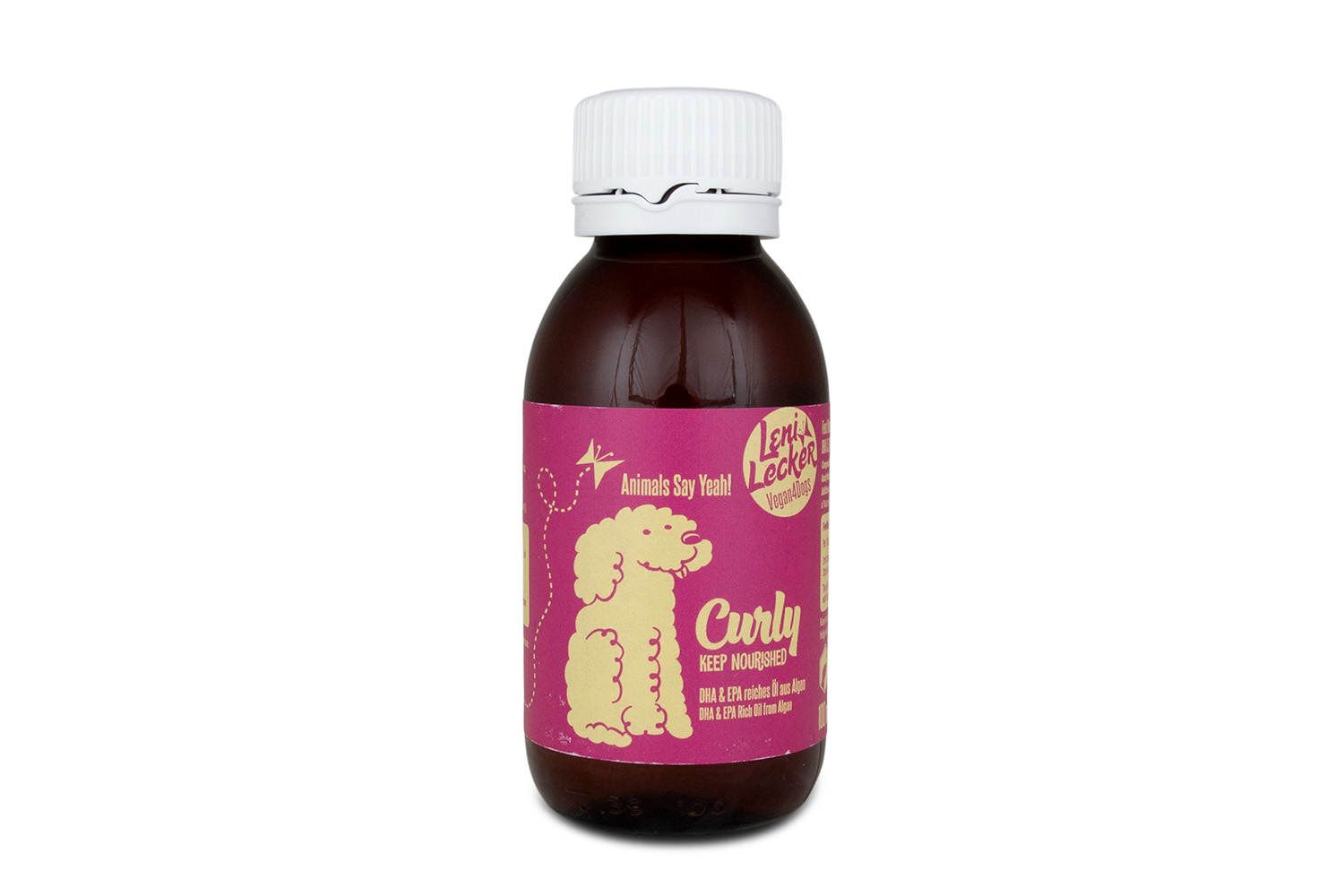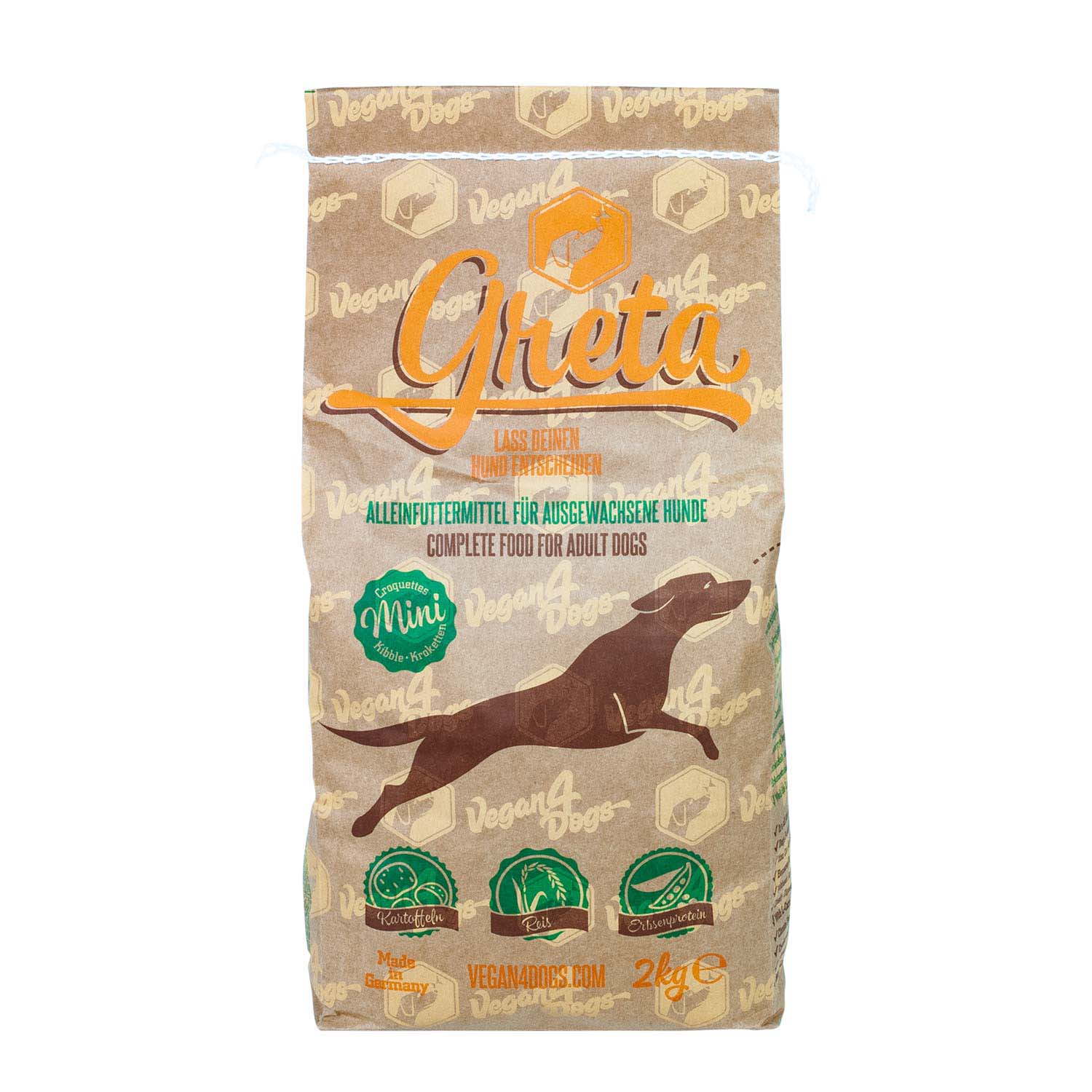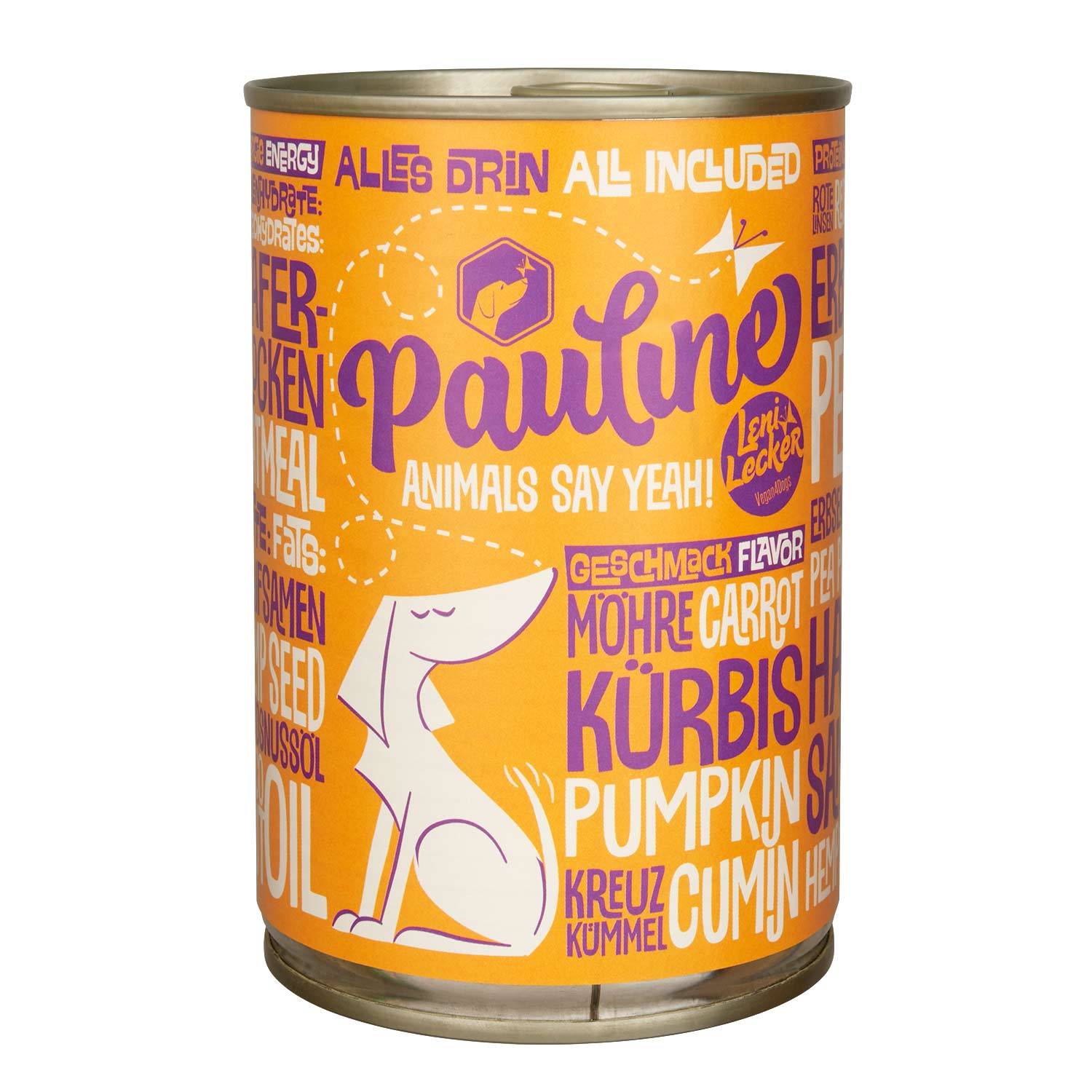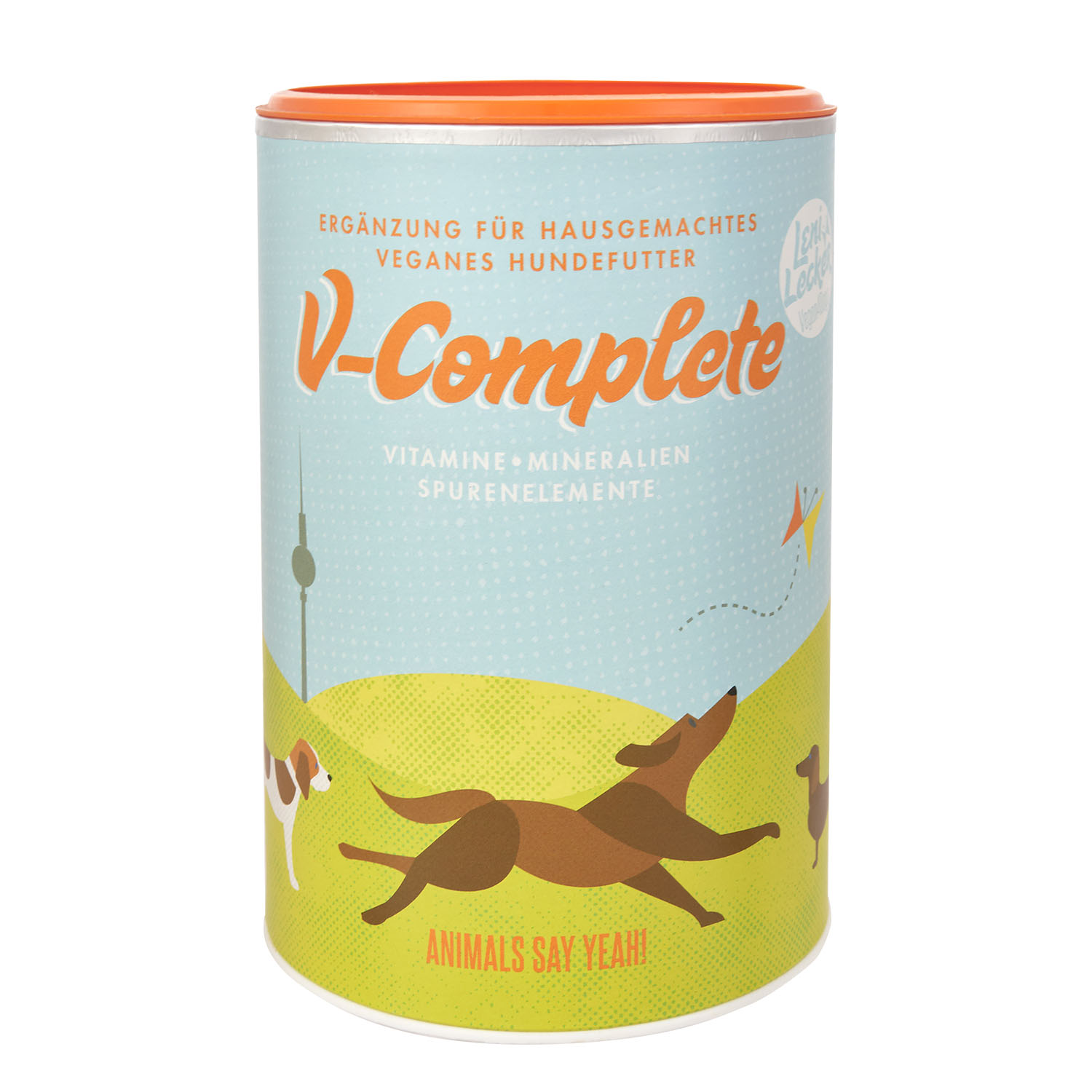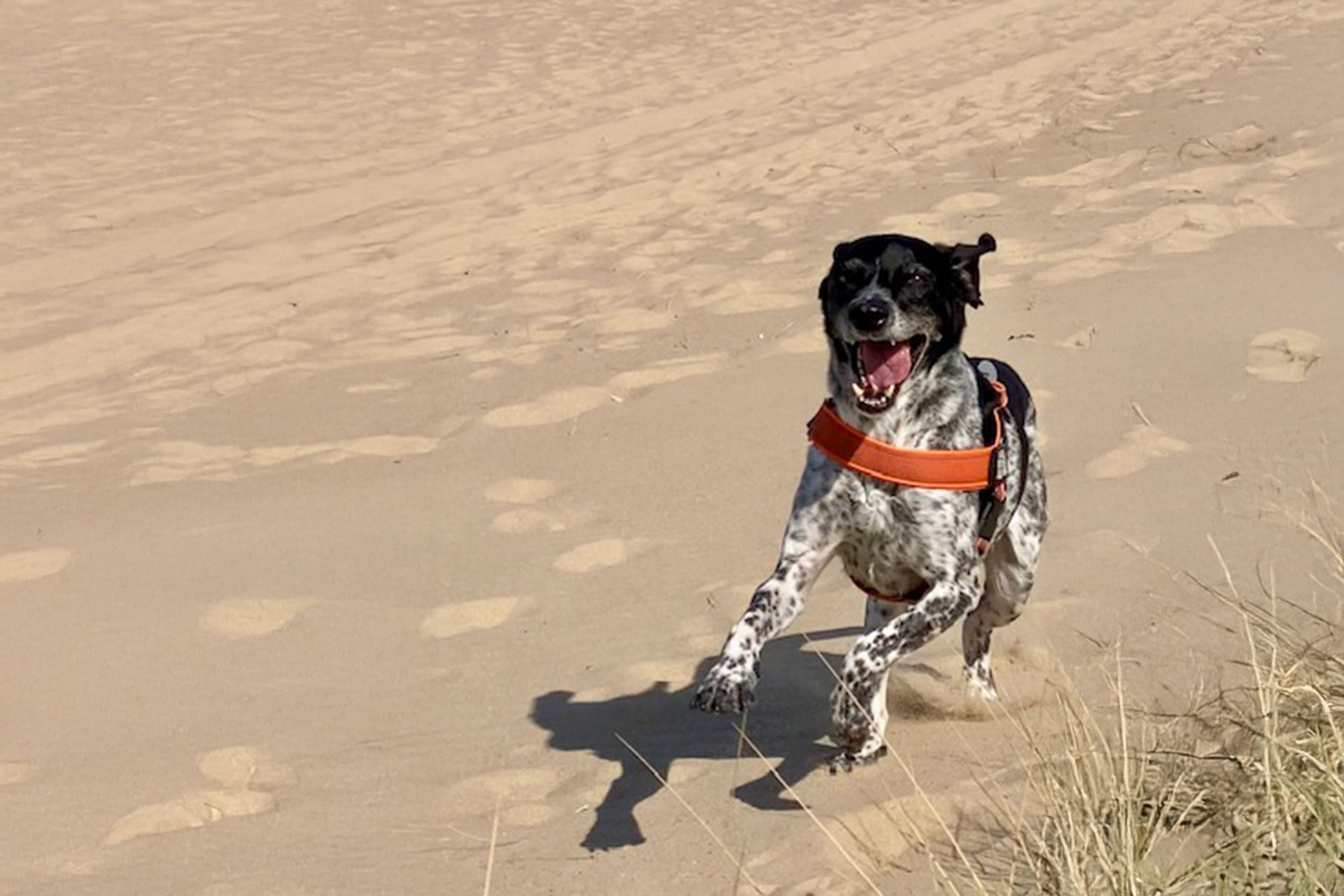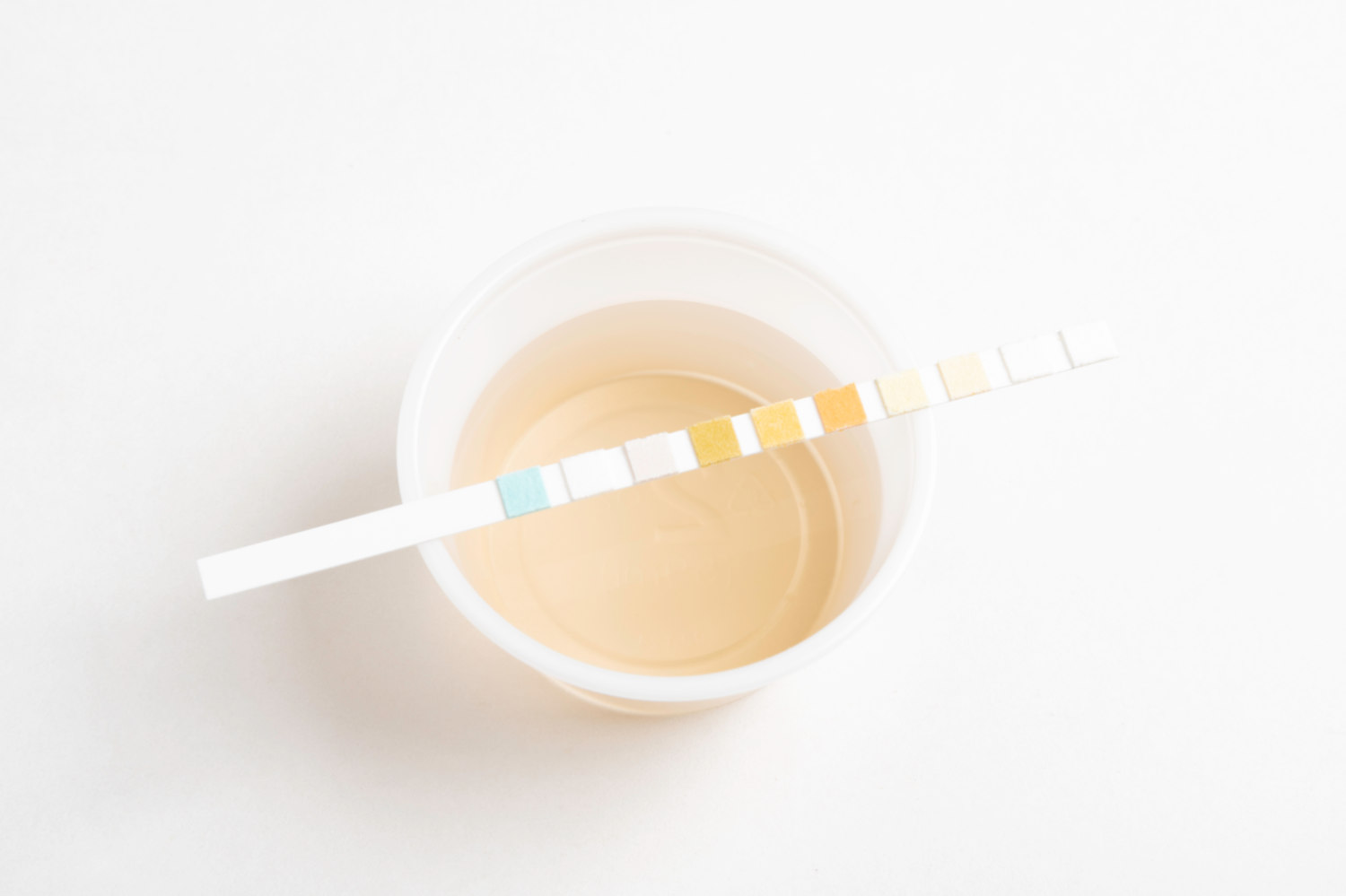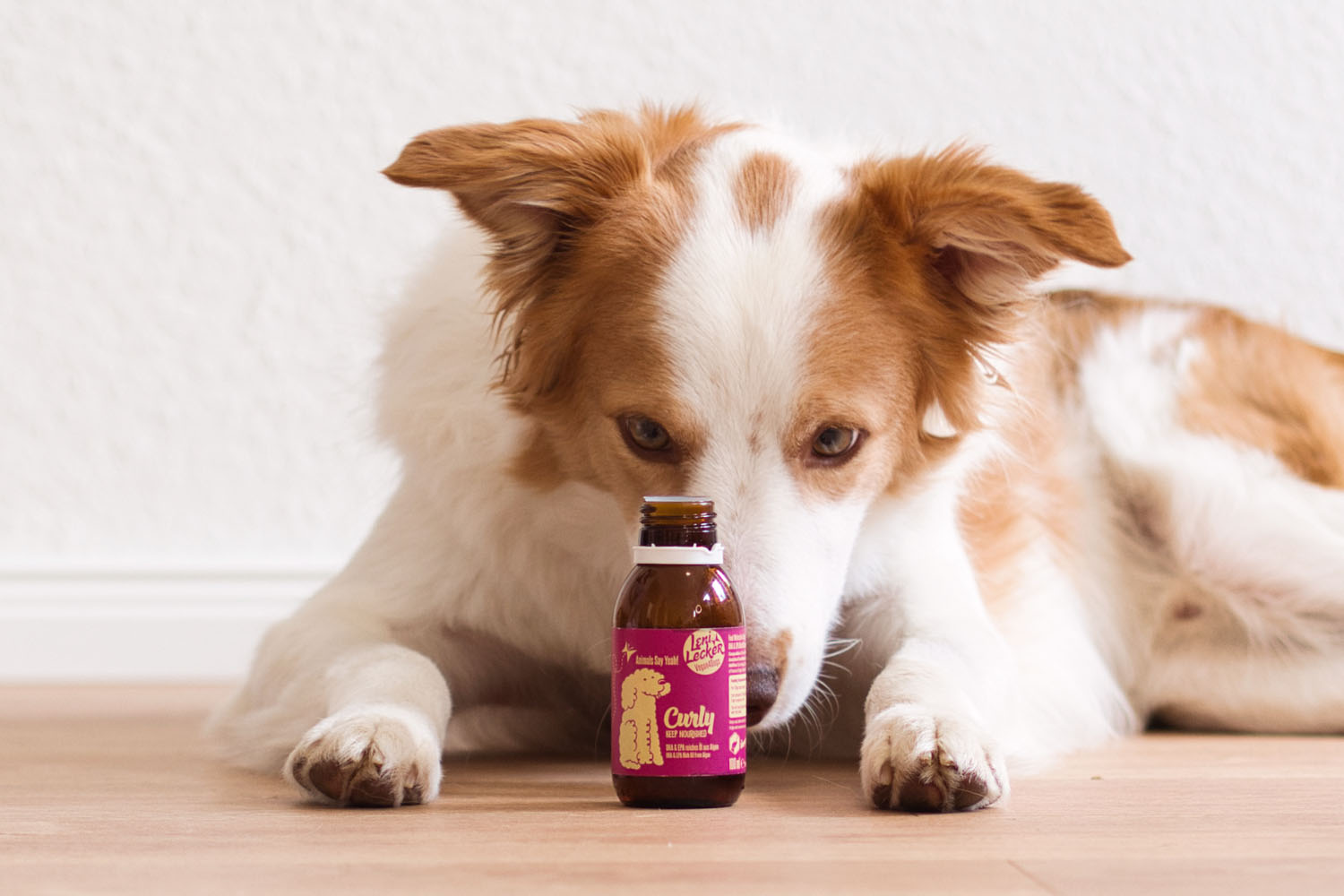
Curly - Our DHA oil from algae has arrived!
Curly is back! Perhaps you remember Curly from before as CBD oil? Now Curly is back as pure DHA and EPA oil from algae. The vegan and environmentally friendly alternative to salmon oil for dogs.
The name is still the same, but the product is new. Our Curly is now a high-quality omega 3 oil for dogs that can promote your companion's health.
Table of Contents
Why are DHA and EPA important?
Why a highly concentrated, pure algae oil?
Why is linseed oil not sufficient?
Omega-3 to 6 ratio - why is it important?
How is our algae oil sourced and produced?
This is why algae oil is more sustainable than fish oil such as salmon oil or cod liver oil
How much is needed of Curly and how can she be fed?
Can EPA and DHA be overdosed?
How to store Curly properly
Summary
Resources
Why are DHA and EPA important?
When feeding your dog a vegan or meat-based diet, you should make sure to add certain oils to supplement essential fatty acids. Dogs cannot produce sufficient quantities of these themselves. Non-essential fatty acids, on the other hand, can be produced by dogs themselves, but it makes sense to add them in certain situations such as inflammation, joint or skin diseases.
Essential fatty acids that adult dogs need to thrive are the omega-6 fatty acid linoleic acid and the omega-3 fatty acids alpha-linolenic acid, eicosapentaenoic acid (EPA) and docosahexaenoic acid (DHA). You can find more information here in our blog post about “Fatty acids in dog nutrition”.
Especially the omega-3 fatty acids EPA and DHA may not be produced in sufficient quantities by your dog - so it can make sense to supplement them. They play a crucial role in various important body functions:
- Skin and Coat Health 2, 3
- Joints and Bones , as they can have an anti-inflammatory effect 2, 3
- Support of Heart and Kidney Function 2, 3
- Development and support of Nerve, Brain and Eye function 1, 2, 3
Studies such as the one by Lennox and Bauer2 on possible adverse effects of omega-3 fatty acids in dogs and cats show that veterinarians successfully use omega-3 supplements to support conditions such as osteoarthritis, kidney disease or atopic dermatitis. Nevertheless, the dosage for diseases should be carefully adjusted to avoid possible undesirable effects. A balanced ratio of omega-6 to omega-3 fatty acids is particularly important, as an imbalance - especially an excess of omega-6 - can have a pro-inflammatory effect.
With Curly you support your dog's nutrient intake - for an all-round Keep Nourished feeling and the best conditions for a healthy, strong coat.
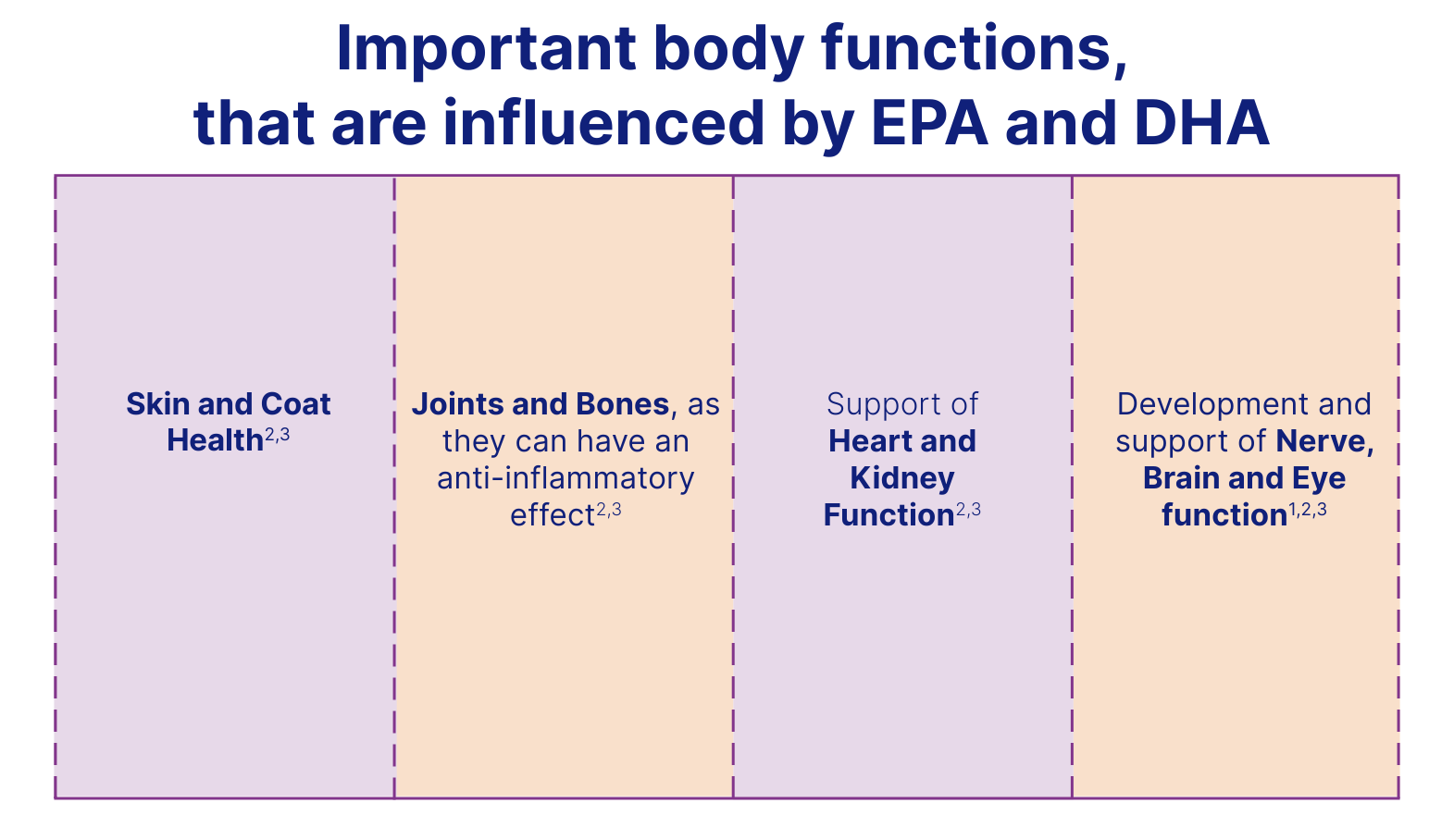
Why a highly concentrated, pure algae oil?
Curly is made of 100% pure algae oil - no unnecessary omega-6 fatty acids, no calorie trap as you only need a small amount.
Many vegan DHA oils for dogs consist not only of algae oil but also sunflower, hemp or rapeseed oil, for example, which provide omega-6 fatty acids. However, these contain a high proportion of omega-6 fatty acids compared to algae oil, which is why you usually need a larger amount of oil to provide a sufficient amount of EPA and DHA.
Linseed oil is also often used as a blend oil with algae oil and is also a good source of omega-3 alpha-linolenic acid. It also provides the precursor of DHA and EPA called ALA (Alpha-Lipoic Acid), but this must first be turned into DHA and EPA by the dog.
Why is linseed oil not sufficient?
So far there are no clear studies that can prove the actual conversion rate of ALA to DHA and EPA. Currently, a conversion rate of approx. 5% is assumed1, which is why it makes more sense to supplement a pure algae oil, which does not have to be converted by the dog and contains fewer calories, as you only need a small amount2.
Omega-3 to 6 ratio - why is it important?
The right ratio of omega-3 to omega-6 is crucial for your dog's health. It has an anti-inflammatory effect and supports the body functions mentioned above. In our blog post on omega fatty acids for dogs, you can find detailed information on why the omega-3 to omega-6 ratio is so important and what effects an imbalance can have.
How is our algae oil sourced and produced?
Our oil for Curly comes from the microalgae Schizochytrium sp. - it is one of the few types of algae that naturally produce a very high concentration of DHA (docosahexaenoic acid) and EPA (eicosapentaenoic acid). It is also easy to grow and is cultivated sustainably in closed tanks in the USA. The algae is ‘fed’ with corn starch, fermented, refined and stabilised.
This allows us to guarantee that our algae do not originate from the sea and therefore do not jeopardise marine ecosystems and the dietary basis of fish.
Cultivation takes place under closely controlled conditions in sealed systems. After fermentation, the oil is gently extracted - thus preserving the precious ingredients.
This is why algae oil is more sustainable than fish oil such as salmon oil or cod liver oil
Algae oil is considered a sustainable alternative to fish oil as it is obtained directly from microalgae - the original source of omega-3 fatty acids4 such as DHA and EPA. Fish only accumulate these fatty acids because they eat algae themselves. By utilising algae directly, an unnecessary intermediate step can be avoided - to protect fish stocks and the oceans.
Unlike cod liver oil or salmon oil, algae oil is also free from animal products. This makes it an environmentally friendly and ethically responsible solution for the supply of omega-3.
How much is needed of Curly and how can she be fed??
Whether slurped straight from the spoon or drizzled over the food, all options are possible!
The amount of EPA and DHA required can vary depending on the dog's age, activity level and any existing medical conditions. Our Curly is a highly concentrated algae oil in which 1ml contains approx. 378mg DHA and 95mg EPA. We recommend a dosage of 1ml per 10kg body weight of the dog. One teaspoon corresponds to approx. 4ml.
Can EPA and DHA be overdosed?
The previously mentioned Lennox and Bauer study2 found that an excessive amount of omega-3 oil can lead to digestive problems such as diarrhoea, vomiting or delayed wound healing. However, this study does not clearly describe whether this can be attributed to an overdose of EPA and DHA. It is more likely to be due to a very high amount of fat. With the small amounts of Curly it should not be a problem.
How to store Curly properly
After opening, we recommend storing Curly in a cool place protected from light, ideally in the fridge, as the algae oil develops an intense maritime aroma and flavour when exposed to light and at room temperature, although this does not have a negative influence on the effect of the oil.
Summary
As you now know, a high-quality vegan omega-3 oil is essential and can be optimally combined with our dry food Greta, wet food Pauline and our home-cooked recipes and can help to visibly improve skin and coat quality, support joint health and promote your dog's general vitality.
Algae oil is also the sustainable alternative to fish oil for dogs. No impact on fish stocks - good for your dog and the planet.
Angelina from our team was recommended the addition of algae oil for Bruno in the past and has been using it for years to support his joints with regard to Bruno's hip dysplasia and osteoarthritis. Thanks to the support of Omega 3 and targeted physiotherapy, Bruno is still active as a senior and has no restrictions in his everyday life.
Curious? Try Curly and see for yourself whether anything changes in your dog. Perhaps you will notice that the coat becomes shinier, the skin looks healthier or your dog is more active. We would be delighted to hear about your experiences!
Would you like to share your experiences with our community? Then send us your experience report to hello@vegan4dogs.com. The community will be delighted!
Resources
1. Bauer, Dunbar, Bigley: Dietary Flaxseed in Dogs Results in Differential Transport and Metabolism of (n-3) Polyunsaturated Fatty Acids. 2006
https://pubmed.ncbi.nlm.nih.gov/9868227/ (As of 29.07.2025)
2. Lenox / Bauer: Potential adverse effects of omega-3 Fatty acids in dogs and cats. 2013
https://onlinelibrary.wiley.com/doi/full/10.1111/jvim.12033 (As of 29.07.2025)
3. Ernährung des Hundes – Grundlagen, Fütterung, Diätetik – Jürgen Zentek; Enke/Thieme. 9. Auflage 2022, Seite 121-122
4. Study Kantoci - of the Veterinary Faculty of the Ludwig-Maximilians-University Munich - Enrichment of iodine and omega-3 fatty acids in carp production by algae in fish feed - 2008
https://edoc.ub.uni-muenchen.de/9163/1/Kantoci_Silvia.pdf (As of 29.07.2025)


